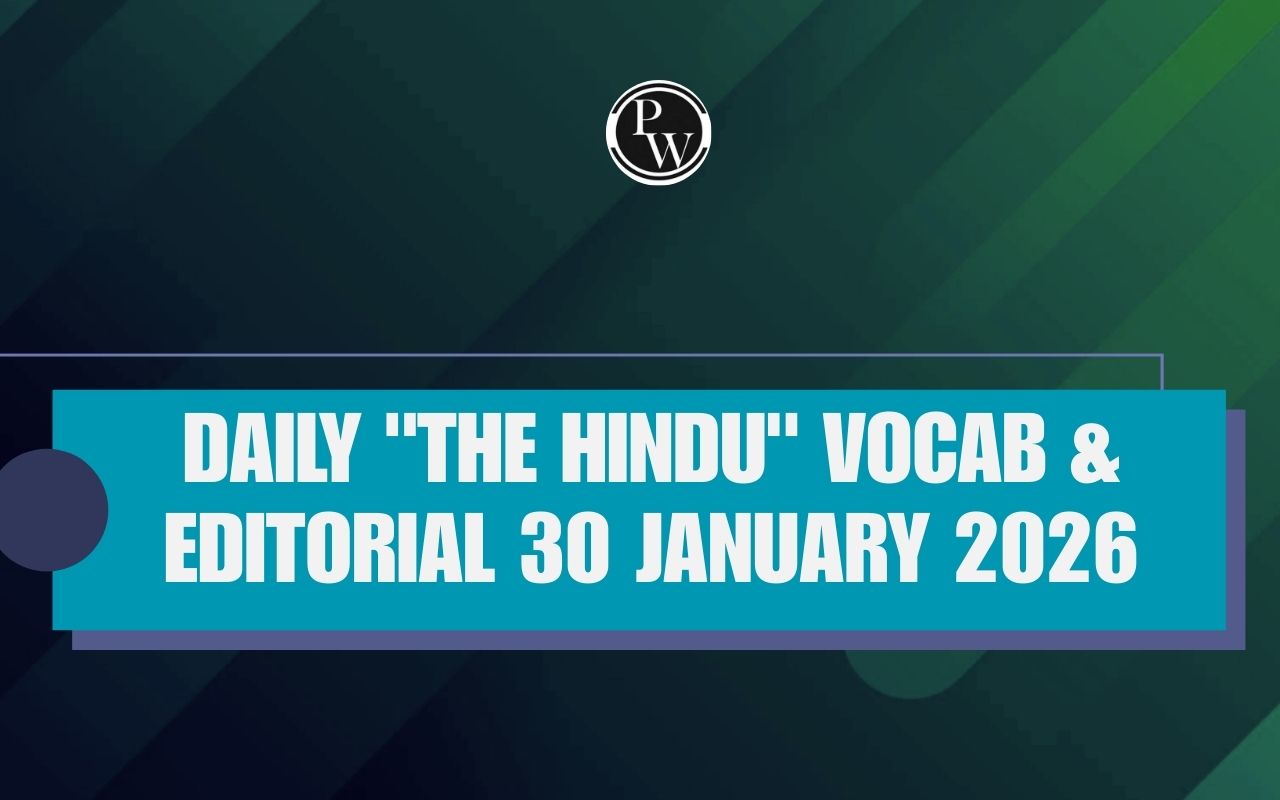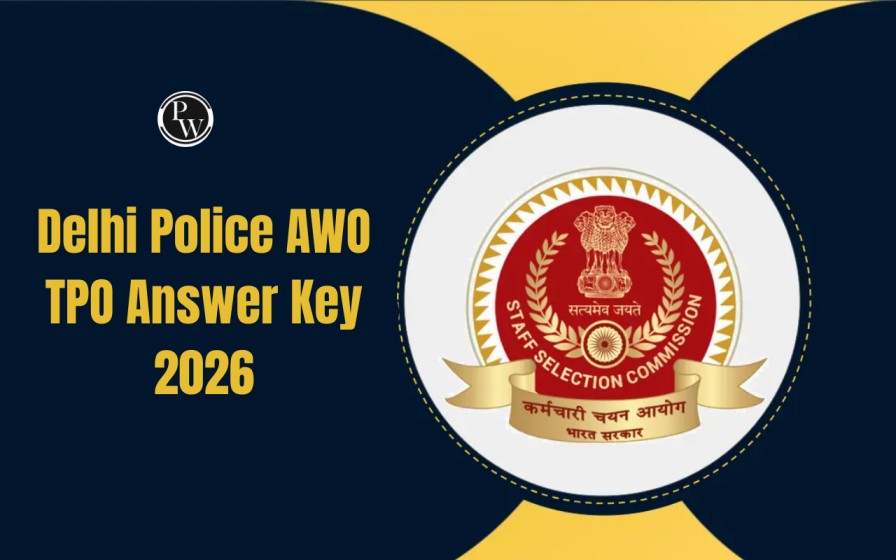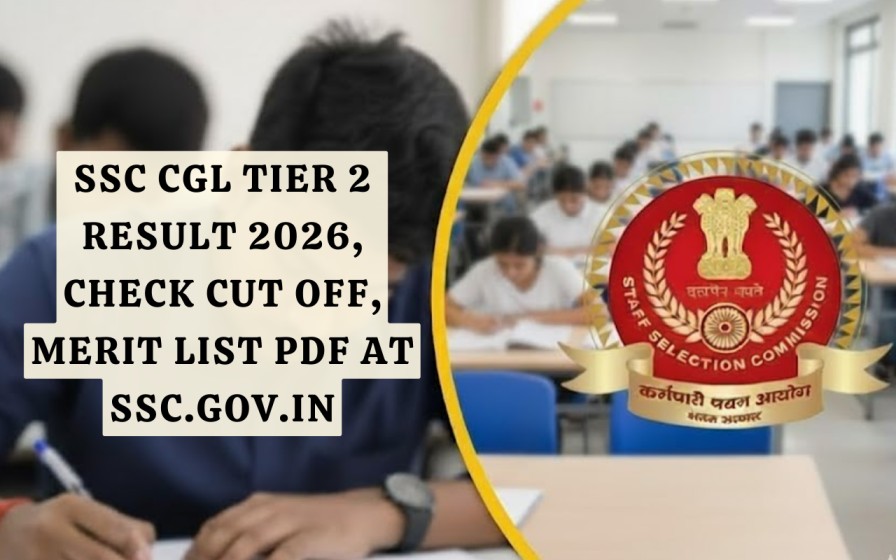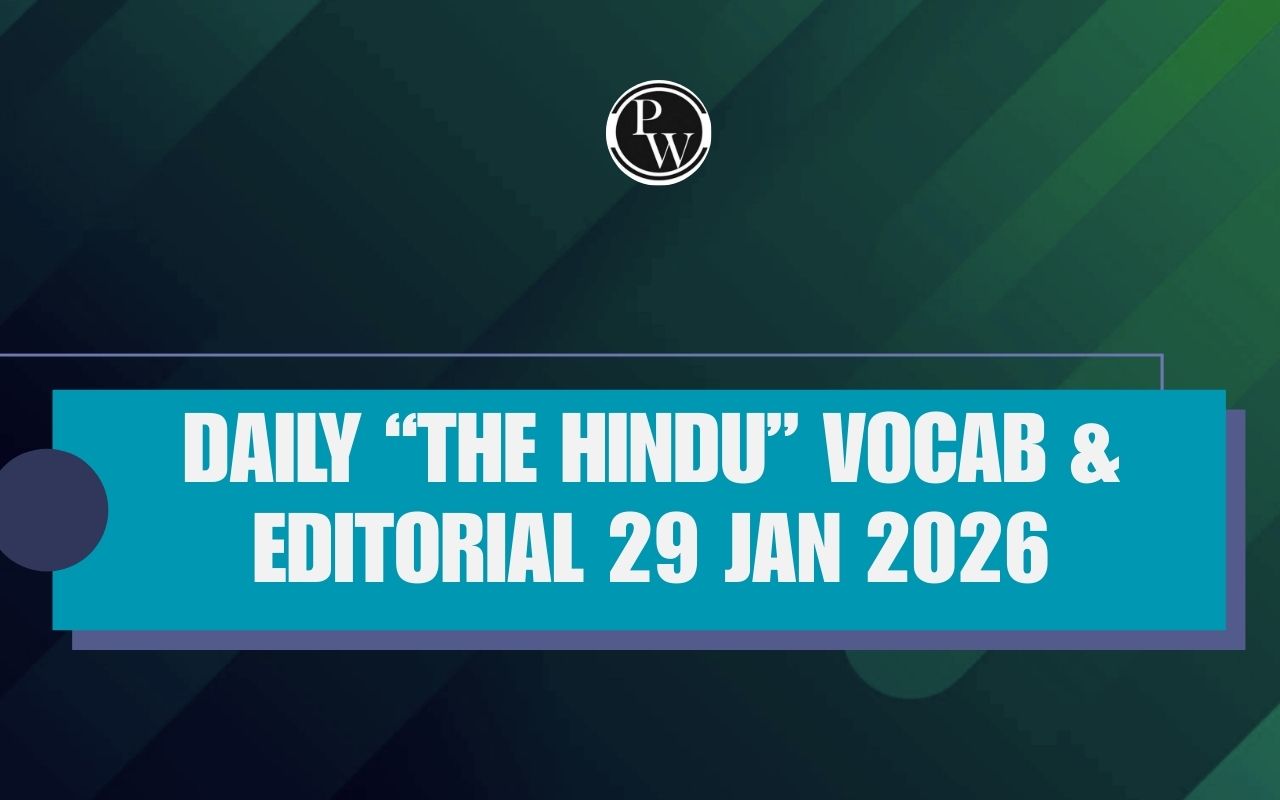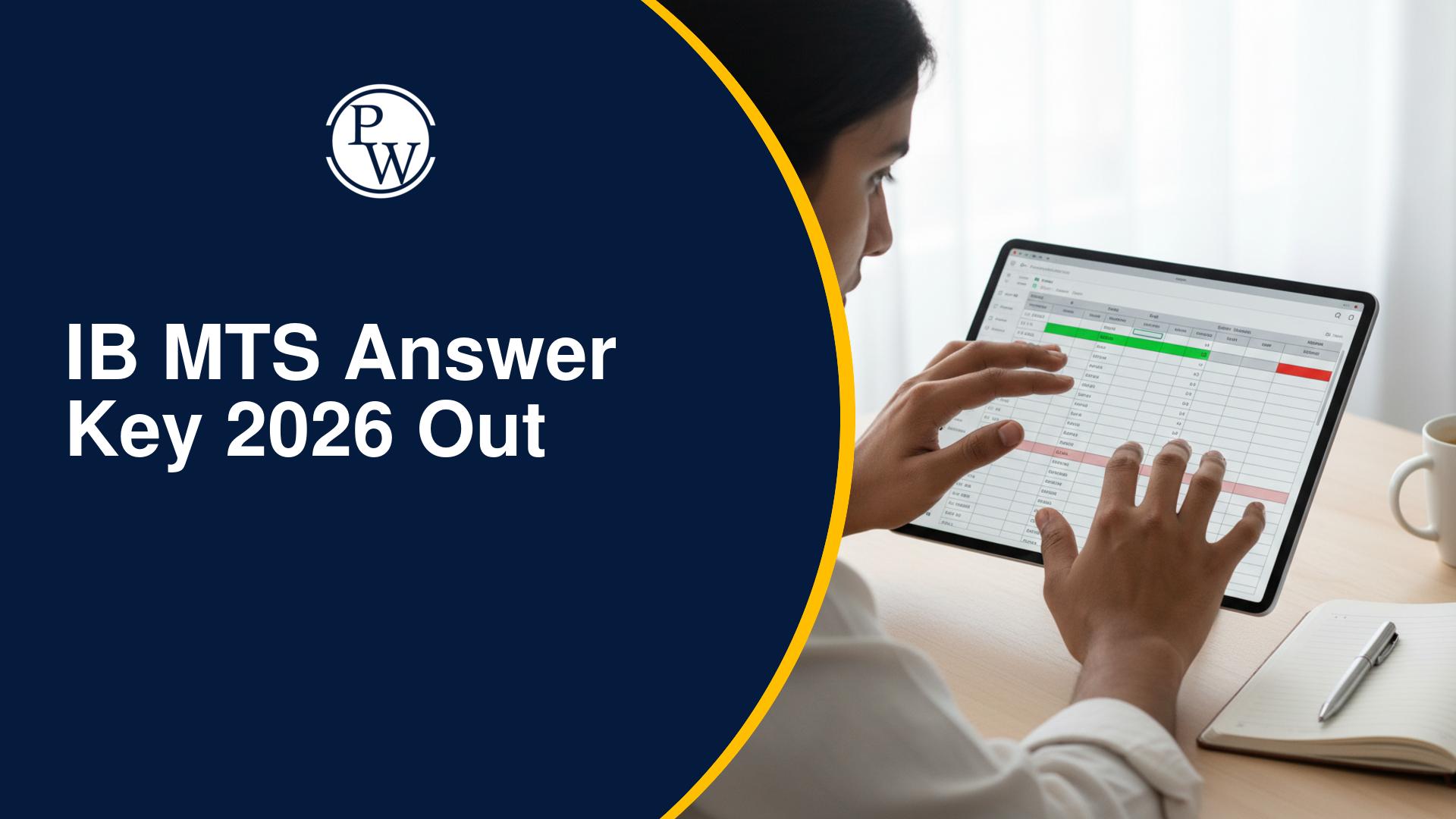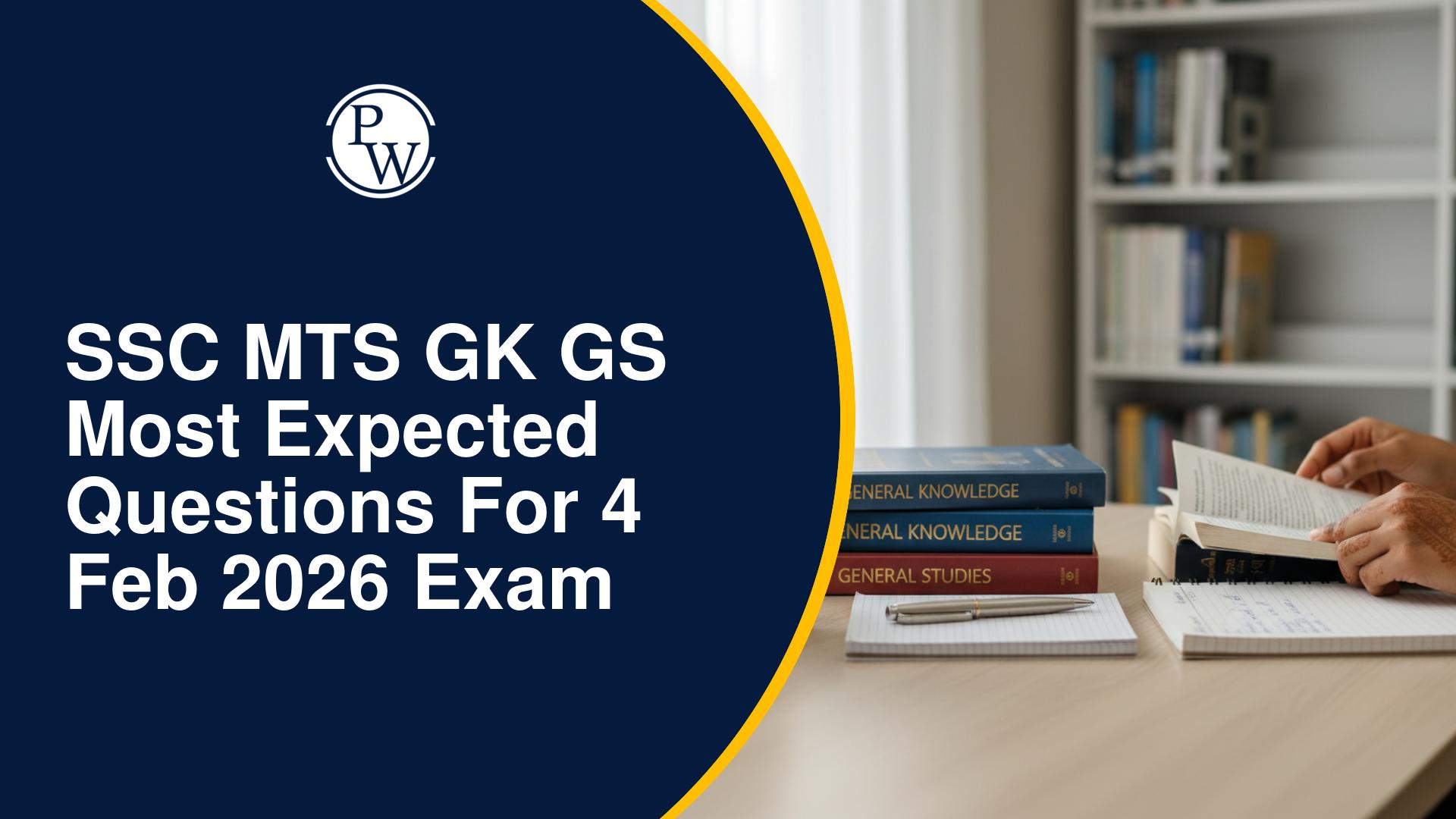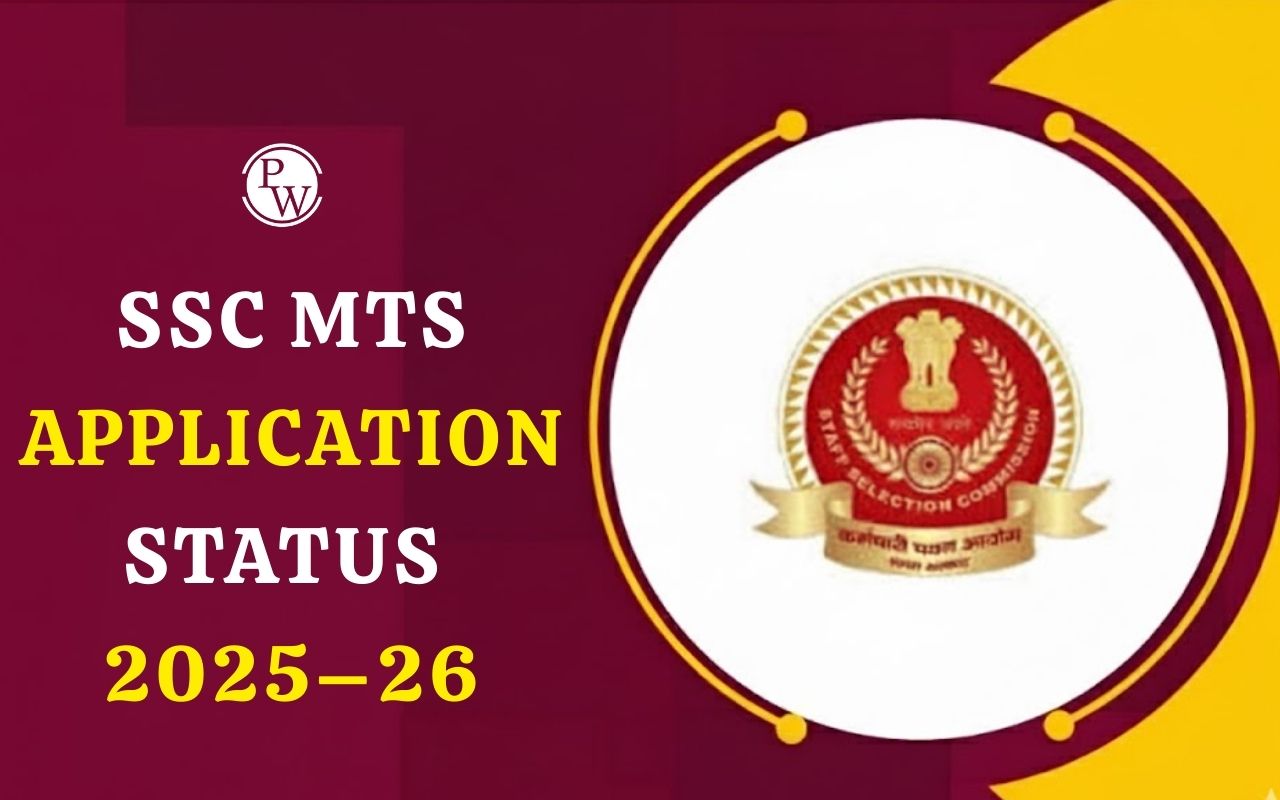
Parliament of India: India’s Parliament is like the boss of making laws. It has two main parts: the Lok Sabha (House of the People) and the Rajya Sabha (Council of States). The President can stop a session of Parliament, start a new one, and shut down the Lok Sabha.
Parliament of India
The Parliament of India stands as the cornerstone of the country's democratic governance, serving as the highest legislative body. Comprising two houses, the Lok Sabha (House of the People) and the Rajya Sabha (Council of States), it plays a important role in shaping and enacting laws that impact the lives of millions. This article aims to look into the structure, functions, and significance of the Indian Parliament.Parliament of India Background
The Parliament of India serves as the legislative arm of the government, with the executive and judicial branches complementing its role. In India's democratic framework, the "Parliamentary form of government" assigns a significant role to the Indian parliament, emphasizing the importance of a accountable legislature in a true democracy.Parliament of India Details
The Parliament is the top law-making body of India. It makes laws, takes decisions, represents people’s voices, and keeps the government accountable.
-
Structure: Called Sansad Bhavan, in New Delhi. It has two Houses, Lok Sabha (People’s House) and Rajya Sabha (Council of States).
-
Lok Sabha & Rajya Sabha: Lok Sabha members are directly elected by the people; Rajya Sabha represents states and UTs.
-
Functions: Makes laws, passes the budget, questions the government, and forms committees to check work.
-
Sessions: Three in a year – Budget, Monsoon, Winter. Headed by Speaker (Lok Sabha) and Chairman (Rajya Sabha).
-
Debates: Question Hour and Zero Hour help in accountability and discussions.
-
Role of MPs: Represent people, take part in debates, ask questions, and help make laws.
-
Committees: Study bills and policies to ensure accountability.
-
Importance: Known as the temple of democracy. Protects rights, ensures public participation, and transparency.
-
Challenges: Disruptions and delays reduce efficiency; reforms are needed for smoother working.
Parliament of India Structure
Comprises two houses: Lok Sabha and Rajya Sabha. Overseen by the President to ensure laws comply with the constitution.- Lok Sabha (Lower House) :
- 543 members directly elected by citizens.
- Members represent constituencies and serve five-year terms.
- Eligibility criteria include Indian citizenship, minimum age of 25, mental soundness, no bankruptcy, and no criminal convictions.
- Rajya Sabha (Upper House) :
- Permanent body with 250 members.
- 238 members elected by state legislators, 12 nominated by the President.
- Members serve six-year terms, with one-third retiring every two years.
- Minimum age requirement for membership is 30 years.
- No caste-based reservations in the Rajya Sabha.
- Function of the Parliament :
- Formulating and passing laws.
- Debating significant national issues.
- Holding the government accountable.
- Representing the interests of citizens and states/union territories.
- Role of the President :
- Ensuring laws are in accordance with the constitution.
- Approving bills passed by Parliament.
- Overall Importance :
- Both houses work together to represent and govern India.
- Lok Sabha represents the people directly, while Rajya Sabha represents states/union territories indirectly.
- Parliament plays a crucial role in shaping the legislative agenda and governance of the country.
Parliament of India Function
The Indian Parliament is like a big decision-making team for the country. It has two main parts: the Lok Sabha and the Rajya Sabha. Their job is to make laws and discuss important issues affecting everyone in India. Here's how it works:- Making Laws : The Parliament discusses and votes on new laws. These laws cover things like education, healthcare, taxes, and more. Everyone's opinion is considered before a law is passed.
- Debating Issues : Parliament members talk about big problems facing the country, like unemployment, pollution, or security. They share different ideas and try to find solutions together.
- Checking the Government : The Parliament keeps an eye on the government to make sure they're doing their job properly. They ask questions, investigate issues, and make sure taxpayers' money is spent wisely.
- Representing People : Each member of Parliament represents a group of people from a specific area called a constituency. They listen to their concerns and bring them up in Parliament to find solutions.
- Deciding Budget : The Parliament decides how the government should spend money. They look at plans for schools, hospitals, roads, and other projects, making sure they benefit everyone.
Parliament of India Power
Below are the powers of the Parliament of India:
- Legislative Powers :
- Making Laws: Parliament can create laws on topics listed in the Union List and Concurrent List.
- Amending the Constitution: It can change the Constitution with special majority support.
- Residuary Powers: Parliament has exclusive control over matters not covered by other lists.
- Financial Powers :
- Union Budget: Parliament develops and approves the Union Budget, deciding on government spending and revenue.
- Taxation: It can impose and collect taxes like income tax, customs duties, and GST.
- Control over Spending: Parliament checks government spending by discussing and debating budget allocations.
- Executive Powers :
- Council of Ministers: Parliament indirectly controls the government through its oversight of the Council of Ministers.
- Vote of No Confidence: It can remove the government through a vote of no confidence if it lacks majority support.
- Questions and Motions: Members of Parliament can question ministers and propose motions concerning government policies.
- Oversight Powers :
- Question Hour: MPs can ask ministers questions during the Question Hour to seek clarifications on public matters.
- Committees: Parliament appoints committees to examine government policies and programs, like the Public Accounts Committee.
- Impeachment Power: It can initiate impeachment proceedings against the President, Vice President, and Judges for violating the Constitution.
Parliament of India Significance
Parliament is the main place where important national and international issues are discussed. It allows people from different regions, languages, and backgrounds to take part in making laws and policies. With an active opposition, different viewpoints are considered, leading to better decisions. Often called a "mini-nation," it represents the country’s diversity and also has the power to change state boundaries. The Lok Sabha, or House of the People, reflects the nation’s concerns and aspirations.
| Other Related Links | |
| Tiger Reserves in India | National Parks in India |
| Biosphere Reserves in India | Elephant Reserves in India |
Parliament of India FAQs
Who is the head of Parliament?
What are the types of Parliament in India?
What are the functions of Parliament of India?



